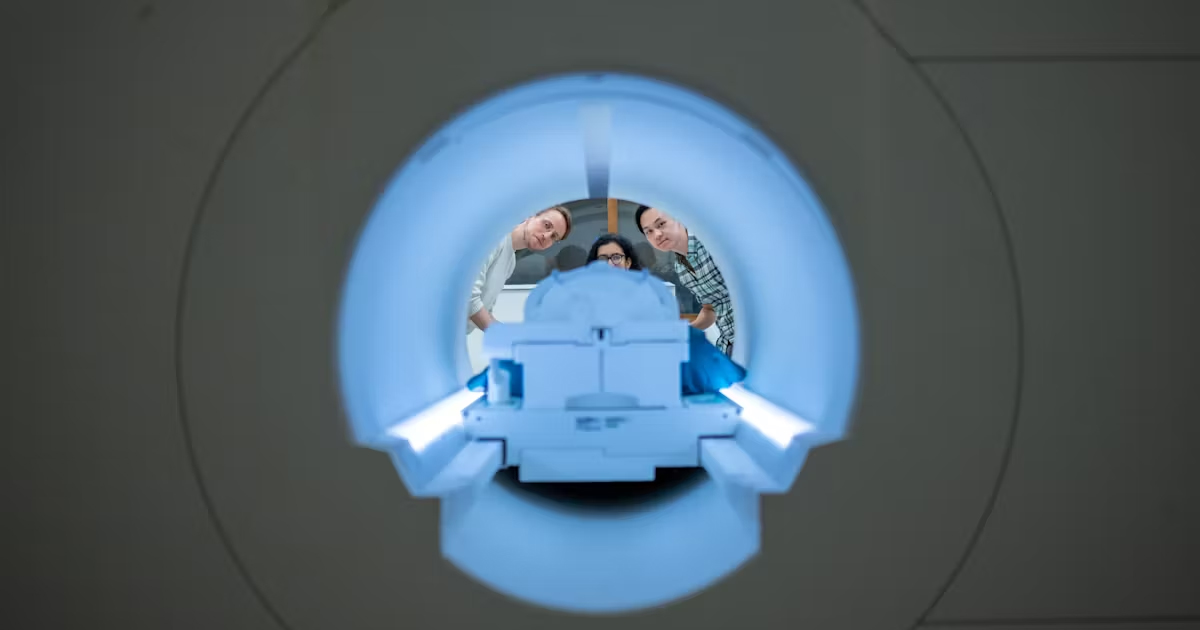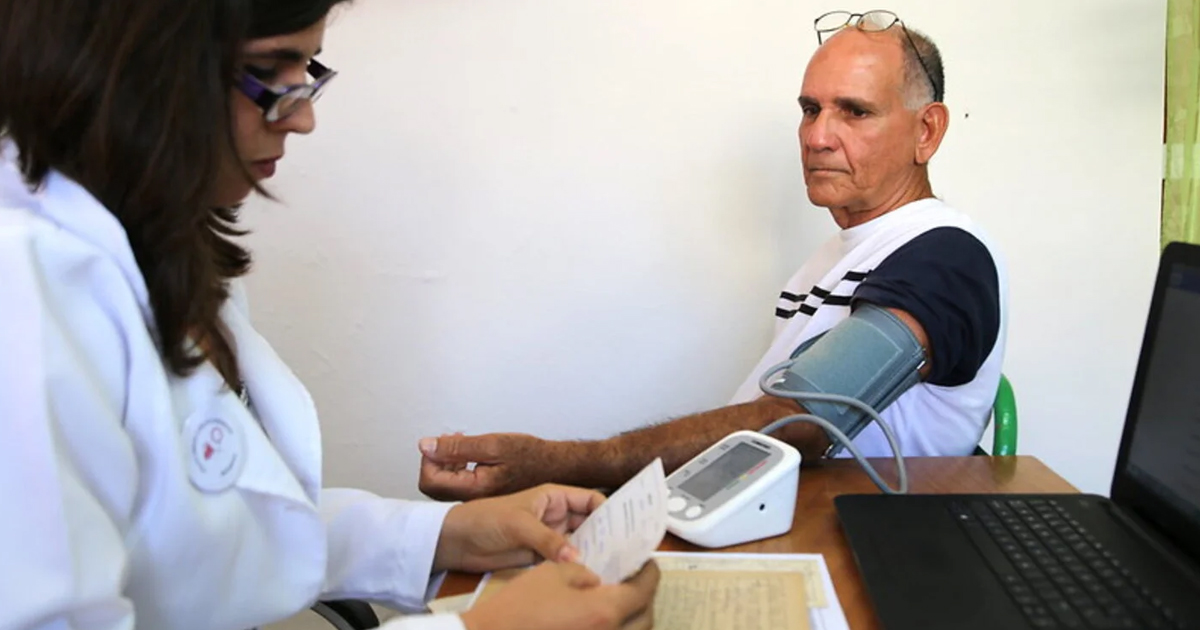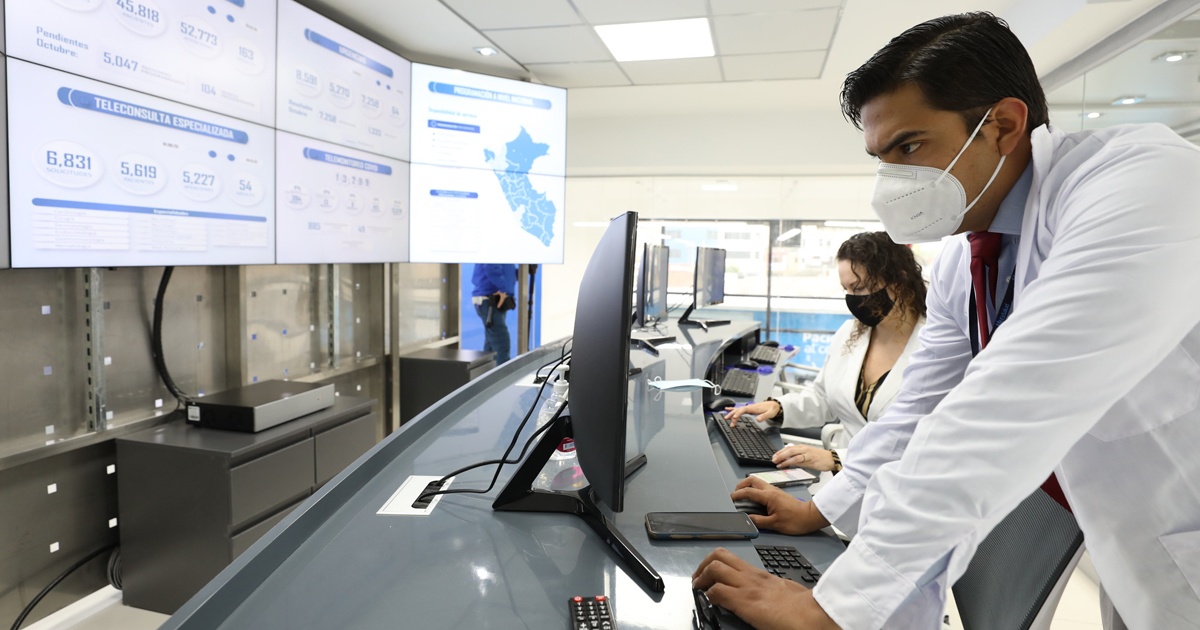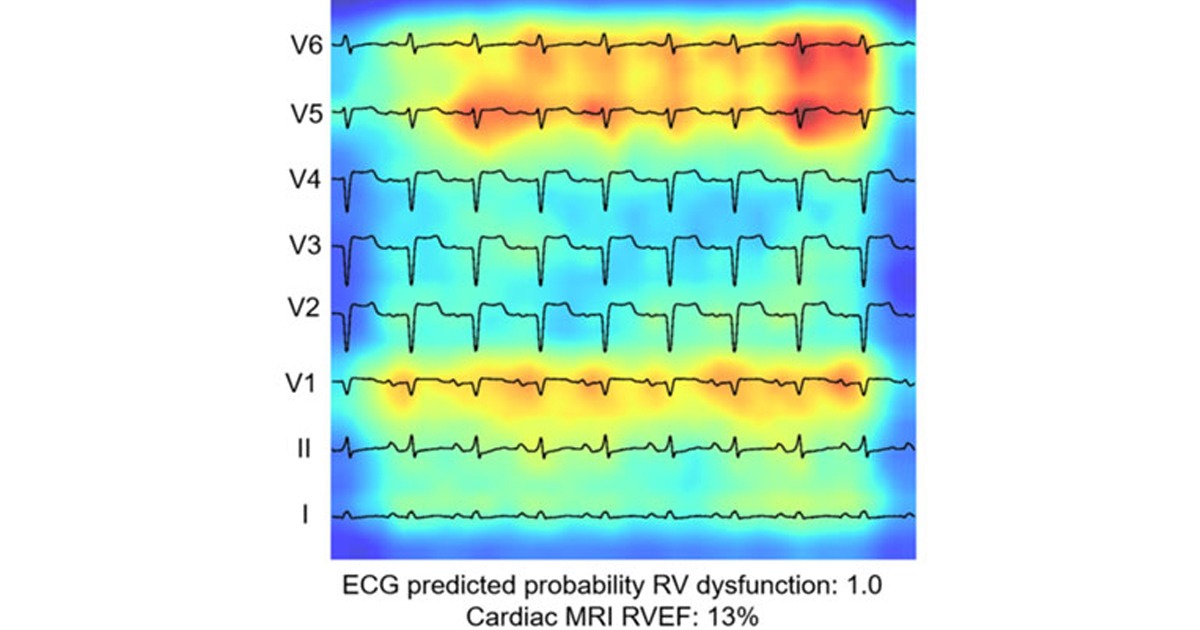The practice of medicine has undergone a digital transformation. It is now possible to consult patient medical records on a digital platform, thanks to this digital evolution, both patients and health personnel enjoy new benefits.
With new tools integrated into almost every aspect of the patient-doctor relationship, it is crucial to keep in mind that technology will not be able to replace the humanistic approach in which medicine operates.
Artificial Intelligence (AI) is considered a branch of computer science, taking bases of logic and cognition in order to be able to program machines or mobile devices and carry out activities independently like any human. The motion is for these devices to solve problems, obey orders, and perform tasks by imitating the actions a person would have and taking their place to save time thanks to a replication of the functioning of the human brain.
AI uses new data processing tools to improve both medicine and the patient-doctor relationship; for example, to lighten the connection between data servers and release the burden for specialists count with more openings in handling other functions and thus step up productivity.
Currently, smartphones use algorithms to deduce the places that users could visit, and even what they want to say. The key benefits of AI are based on this ability to train machines to predict contexts and respond just like a doctor would.
A clear example of how artificial intelligence is transforming the reality of contemporary medicine, is the effort of eBay's scientific branch, its director of Data Science explains: “we built an AI system that asks patients questions and sees their data history, thereby identifying their different symptoms, circulation problems, etc. We have a special center that is the nucleus and brain of everything, it is inside a hospital and with the help of AI, a nurse assigns you to a station to do the process of identifying the disease and thus channel the patient accordingly with the urgency of suffering".

The company The company Diagnostic Robotics (located in Israel) best illustrates this with its AI software that analyzes on its own the data from the patient's medical record in order to diagnose diseases using a search engine customized by computer programmers and that is inserted in the machine to recognize patterns of symptoms.
On the other hand, Mexico is a case of concern, since the Organization for Economic Cooperation and Development (OECD) stresses that there is no medical coverage that supports all the inhabitants of the country, for every thousand inhabitants in the country, there are only 2.4 doctors.
It encourages the knowledge that through Artificial Intelligence it is hoped to remedy the saturation of hospitals, the paucity of doctors, clinical errors and the expenses that come from procedures.






